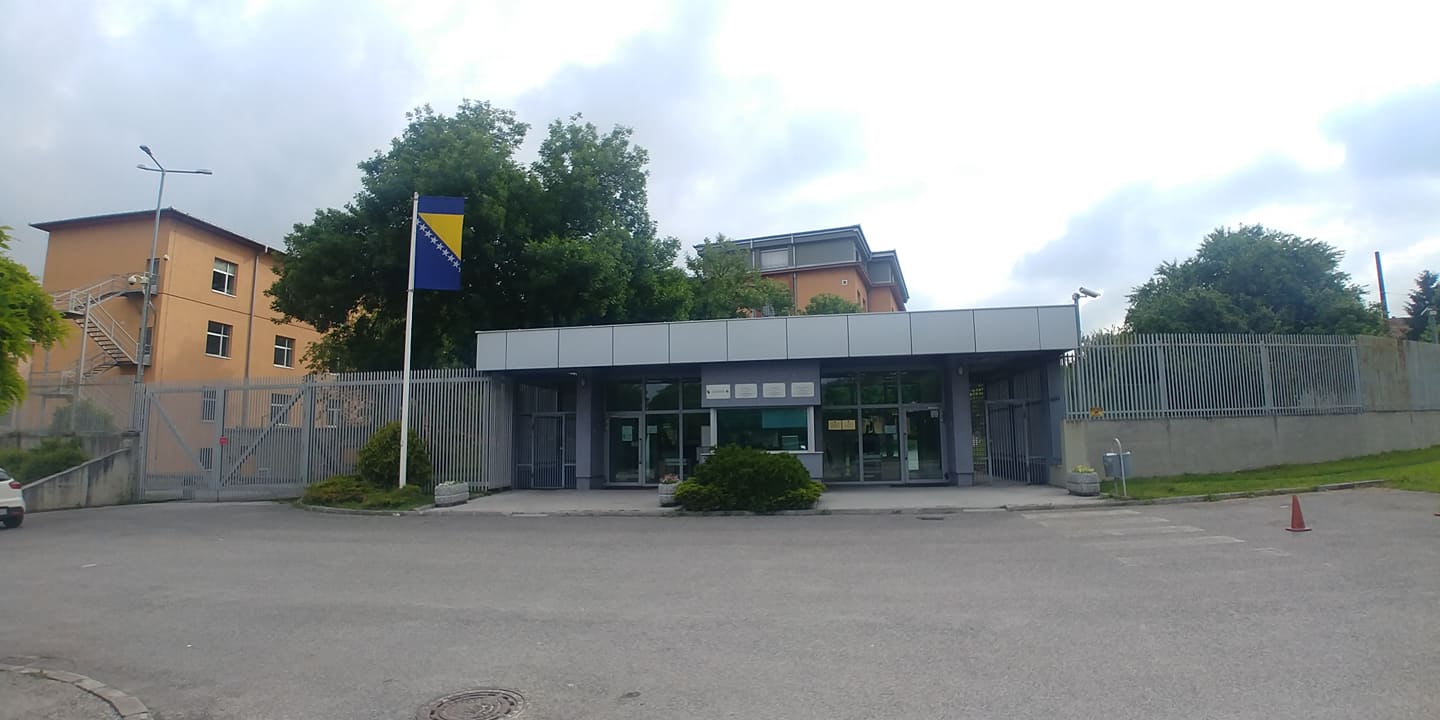
The inefficient performance of the prosecutorial authorities in Bosnia and Herzegovina and the lack of political will are cited as the chief reasons why about 600 war crimes cases involving 4,000 suspects have not yet been prosecuted.
The conclusions were made in a report prepared by British judge Joanna Korner, a judge of the Crown Court of England and Wales from 2012, who had served as a Senior Prosecuting Trial Attorney at the Office of the Prosecutor at the International Criminal Tribunal for the former Yugoslavia (ICTY) and the lead prosecutor in three trials of political and military leaders charged with genocide and crimes against humanity.
Slow prosecution of war crimes committed in Bosnia and Herzegovina during the 1992-1995 war prompted the British authorities to finance a review of those cases that have not yet been concluded by the local judiciary.
The report by Judge Korner was made public in Sarajevo on Wednesday.
"Solving some of these problems will require a radical approach," the judge said in the report entitled "Improving the Prosecution of State-Level War Crimes Cases in Bosnia and Herzegovina", which was commissioned by the OSCE mission to Bosnia, backed by the British government.
During the online presentation of her document, Judge Korner admitted that the coronavirus pandemic had made these complex prosecutions more complicated, which is why it will not be possible to complete the cases pending before courts by the end of 2023 as planned.
Kakvo je tvoje mišljenje o ovome?
Učestvuj u diskusiji ili pročitaj komentare





 Srbija
Srbija
 Hrvatska
Hrvatska
 Slovenija
Slovenija







